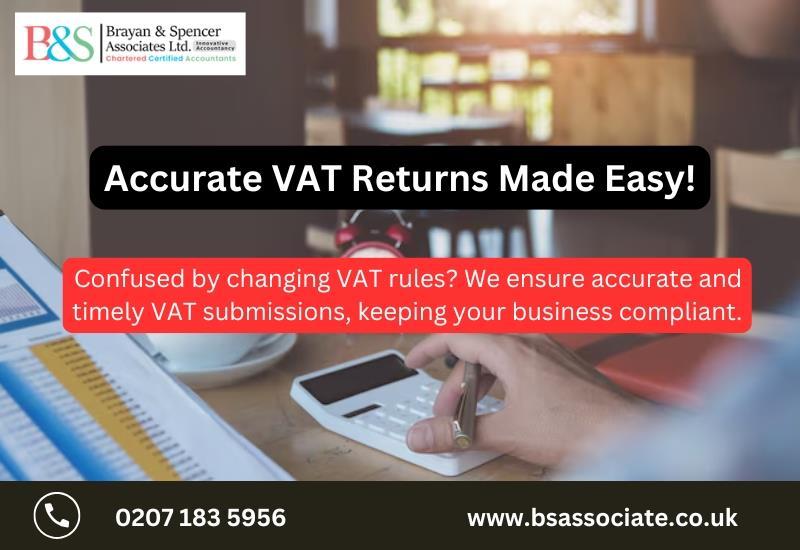Common Accounting Mistakes Made by Limited Companies
and How to Avoid Them
Managing finances can be challenging for limited companies in the UK. Even small accounting mistakes can lead to financial losses, legal issues, or penalties from HMRC. Understanding these common errors and knowing how to avoid them can help businesses stay on track financially. Here are some of the most frequent accounting mistakes made by limited companies and practical tips to prevent them.
1. Inaccurate Record Keeping
Many limited companies struggle with keeping accurate and organized financial records. Missing receipts, untracked expenses, and poorly maintained invoices can lead to discrepancies when filing taxes. This can result in incorrect tax calculations and potential fines from HMRC.
How to Avoid It:
To avoid this mistake, it’s crucial to maintain detailed and organized financial records. Using accounting software or working with an experienced accountant for limited companies can help keep everything in order and ensure accurate financial reporting.

A common error among business owners is mixing personal and business expenses. This not only complicates bookkeeping but can also cause issues during tax audits. It may lead to incorrect tax filings and problems with HMRC.
How to Avoid It:
Always use a separate business bank account for all company transactions. This keeps personal and business finances separate, making accounting and tax reporting easier. Seeking guidance from professional tax accountants can also help in understanding allowable expenses and tax deductions.
3. Incorrect VAT Returns
Filing inaccurate VAT returns or missing submission deadlines can lead to penalties. Limited companies often find it challenging to manage VAT registration, calculations, and compliance, especially when the business is growing or changing.
How to Avoid It:
Ensure accurate and timely VAT returns by staying updated with VAT regulations and thresholds. Using reliable accounting services in London can help businesses maintain compliance and avoid unnecessary fines.

4. Poor Cash Flow Management
Mismanaging cash flow is a common issue that can impact business growth and stability. Delayed payments from clients or unexpected expenses can create cash shortages, affecting a company’s ability to pay suppliers, employees, or bills on time.
How to Avoid It:
Create a cash flow forecast to monitor incoming and outgoing funds. This helps in planning for potential shortages and maintaining financial stability. Hiring an accountant for limited companies can provide valuable insights and strategies to improve cash flow management.

5. Not Hiring Professional Accounting Help
Some limited companies try to handle all accounting tasks on their own. This can lead to errors in tax calculations, missed deductions, and compliance issues. It may also result in inefficient financial management and missed opportunities for growth.
How to Avoid It:
Hiring professional tax accountants can save time, reduce risks, and ensure accurate financial management. Brayan & Spencer Associates offer specialized accounting services in London, designed for limited companies. They provide comprehensive support, including bookkeeping, VAT returns, tax planning, and compliance services.
